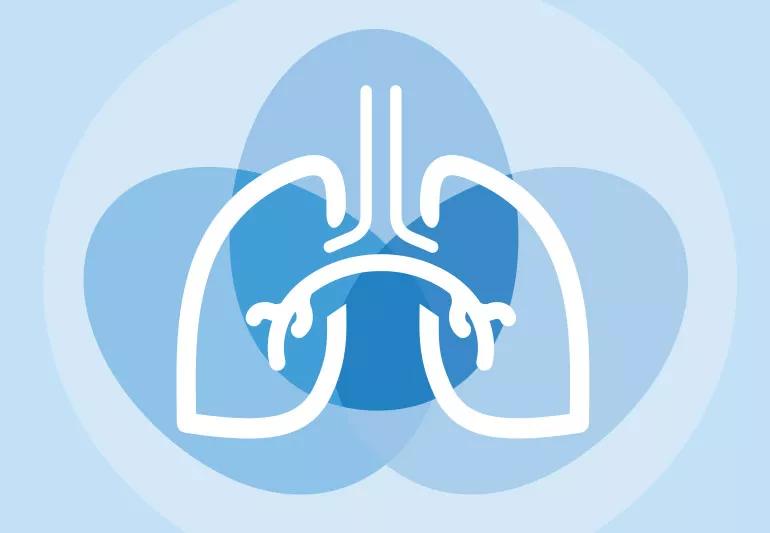The short answer from an infectious disease specialist

Image content: This image is available to view online.
View image online (https://assets.clevelandclinic.org/transform/985870d5-5078-4beb-a17a-35289b9f2a6d/covidBreatheEx-1199778910-770x533-1_jpg)
Illustration of lungs gathering air
A: Breathing exercises are recommended for people with certain lung conditions like chronic obstructive pulmonary disease (COPD) to help rid the lungs of stale air and strengthen the muscles involved in breathing.
Advertisement
Cleveland Clinic is a non-profit academic medical center. Advertising on our site helps support our mission. We do not endorse non-Cleveland Clinic products or services. Policy
When it comes to COVID-19, there aren’t any particular breathing exercises that we recommend for these patients. Currently, there haven’t been any studies showing the effects of these exercises on people with this disease. However, routinely taking deep breaths that fill your lungs to their full capacity is important for people with any lung illness.
People who have or might have COVID-19 shouldn’t be using any breathing exercises in place of getting treatment from a medical professional. If you’re having symptoms that include difficulty breathing, contact your healthcare provider to see if you should be tested or treated.
— Infectious disease specialist Kristin Englund, MD
Advertisement

Sign up for our Health Essentials emails for expert guidance on nutrition, fitness, sleep, skin care and more.
Learn more about our editorial process.
Advertisement
The short answer: It’s complicated, but the basic care precautions still prevail, like washing your hands and isolating if you’re sick
They can feel like a typical headache or a migraine headache, but the pain can last for weeks to months
Any large social gathering — from a family birthday party to an indoor music concert — has the potential to spread serious infection
It’s important to connect with a healthcare provider, get quality sleep and balance your activities with your energy levels
Just like the flu, COVID-19 will continue to evolve every year
The duration varies, but symptoms can linger for a few days up to a couple weeks or more
Vaccination is best for prevention, but if you get sick with COVID-19, treatments are available
The virus lives best in humans, but it can last on hard surfaces, like doorknobs and railings
Type 2 diabetes isn’t inevitable with these dietary changes
Applying a hot or cold compress can help with pain
Pump up your iron intake with foods like tuna, tofu and turkey